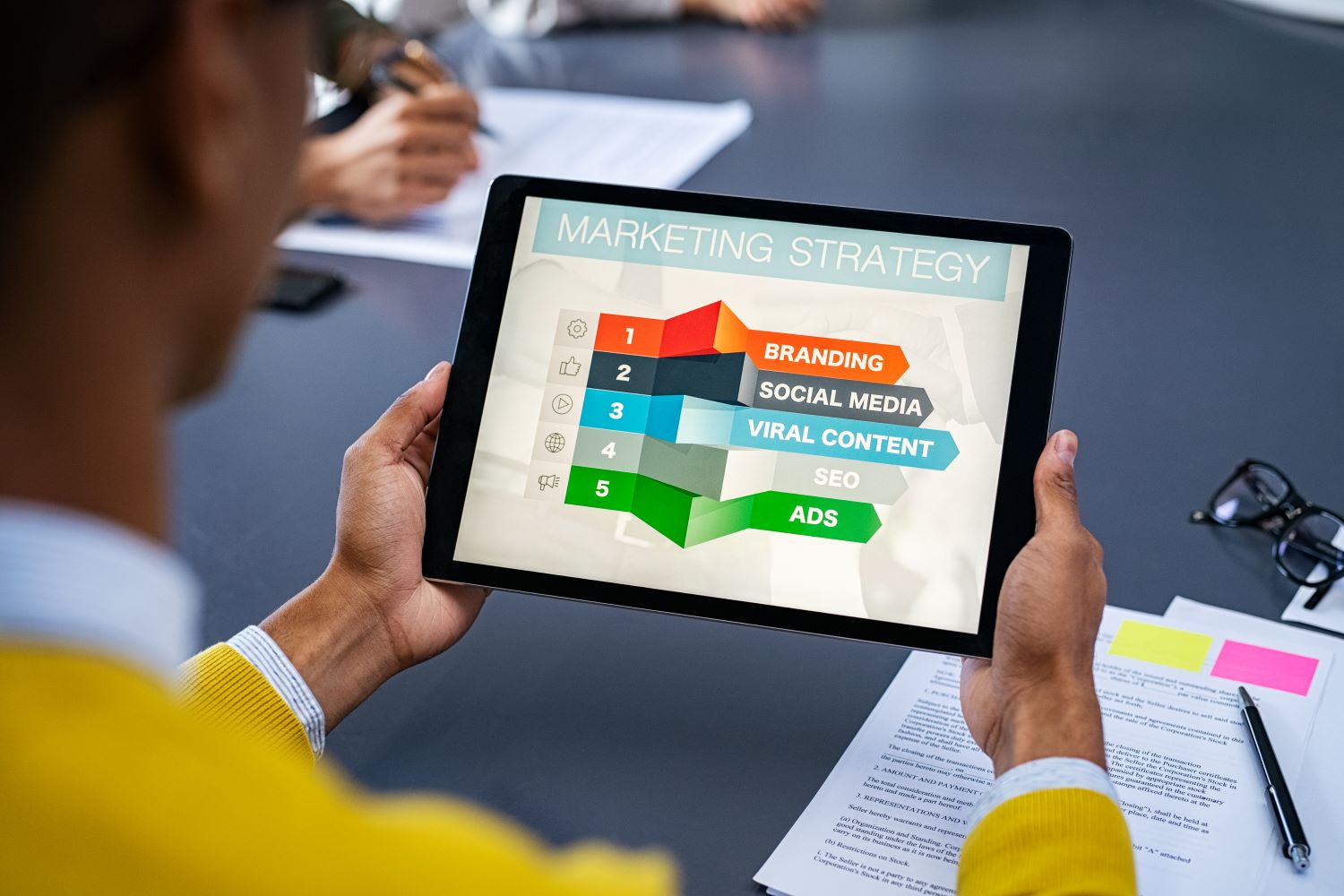No event goes without marketing. There is a impressive variety of techniques and strategies to expand upcoming event’s reach and stay on top of the trends. Some common ones include branding and awareness techniques, audience engagement techniques and techniques for driving traffic. However, one of the most important aspects of marketing is authenticity, which means that as an event organiser, you have a constant duty to look for the best way to put your event on the map.
For this exact reason, we will be discussing two strong, engaging and refreshing marketing techniques for events — guerrilla marketing and experimental marketing.
Guerrilla Marketing
First things first, what is guerrilla marketing? Simply put, it is a way to generate publicity with enhanced brand awareness as a result. Through promotions that use unconventional and sometimes even unorthodox methods, this marketing technique, also perfect for event marketing, is designed to evoke shock, wonder and surprise. It is set up in such a way that it will attract attention, good or bad. In the end, the goal is to be talked about and to reach as large an audience as possible, especially in the case of expo marketing. Guerrilla marketing is perfect for just that.
A big bonus in terms of guerrilla marketing is the fact that it is very low in cost. The investment usually isn’t financial but lies in the creative and intellectual process. In a way, this technique is also very functional when used as a way to evaluate your audience’s current environment and then figure out which parts of it can be repurposed for future inclusion in your brand.
Guerrilla Marketing Example
The BBC used this marketing technique in their Dracula Series Billboard. During the daytime, it seemed to be a rather minimalistic and simple design, with just several bloody stakes hanging out of it. But as the sun would set, a carefully positioned lamp would illuminate the billboard in such a way that the shadows of the stakes formed the side profile of Dracula himself. The marketing campaign perfectly caught the essence of the actual character who goes through quite the change when the sun sets.
Experimental Marketing
Continuing on with experimental marketing. This type of marketing is based on real-life experience with several goals, namely raising awareness, building understanding and, quite obviously, increasing sales of products or services. A perfect example of real-life marketing experiences are events itself and the expo marketing that comes with them.
With the rise of virtual and augmented reality, experimental marketing has really been on the rise. But the question remains, why is this marketing type so extremely effective? And why is it so incredibly useful in event marketing?
Like other marketing strategies, it focuses on experience, which allows a business, or in your case, an event expert, to connect with their clientele on a deeper level. The difference with experimental marketing is that the experience takes place in real life and has positive consequences, such as increased brand awareness, enhanced sales conversions and the ability to capitalise on the fear of missing out.
Experimental Marketing Example
Phone Case brand Mous performed their own little guerrilla campaign by throwing brand new iPhones into the air to prove the level of protection their cases have to offer. They asked people in the streets of London and Hong Kong to throw, at the time, the newest iPhone X onto the sidewalk only to prove their Airoshock case would protect against anything.
Guerrilla And Experimental Marketing For Events
In terms of events, there are two ways to implement both guerrilla and experimental expo marketing: either as an event itself or as a way to promote your event. Whichever one you choose, the impact will most likely be much greater than that of direct sales or marketing. Implementing guerrilla and experiential marketing in the events scene requires a creative and strategic approach.
First, it is essential to identify the target audience and their interests to create a memorable experience. Guerrilla marketing involves unconventional methods to capture the attention of the audience, such as flash mobs, pop-up events and interactive installations. In contrast, experimental marketing focuses on immersive experiences that allow the audience to engage with the brand or product. In order to implement these tactics, it is crucial to leverage social media to spread the word, collaborate with influencers or partners to amplify the impact and measure the results to improve future campaigns. By using guerrilla and experimental marketing, event organisers can create buzz, engage with the audience and differentiate themselves from competitors.
You can use emotions to the advantage of your brand. All you have to do is know what emotion you want to link to your business. Some examples are flashmobs, stunts, outdoor advertising, social media takeovers, giveaways, virtual reality, interactive exhibits and pop-up stands. With a little imagination and creativity, quite literally everything is possible within these marketing strategies.
Final Thoughts
In conclusion, it is safe to say that both guerrilla and experimental marketing are great ways to enhance the overall quality of your event marketing, as well as increase the general attendance of your events. The emotional and extravagant rollercoaster that is experimental marketing takes people by the hand and shows the beauty of your brand, all consequential benefits included. And guerrilla marketing will make sure everyone who sees it remembers and talks about it and, in doing so, does your branding for you.
So, if you are ready to jazz up your expo marketing, then these two strategies are a great place to start!
For more helpful tips for event planning, visit ExpoBeacon Insights and news.




